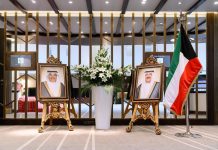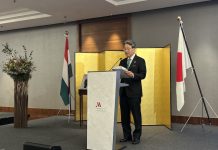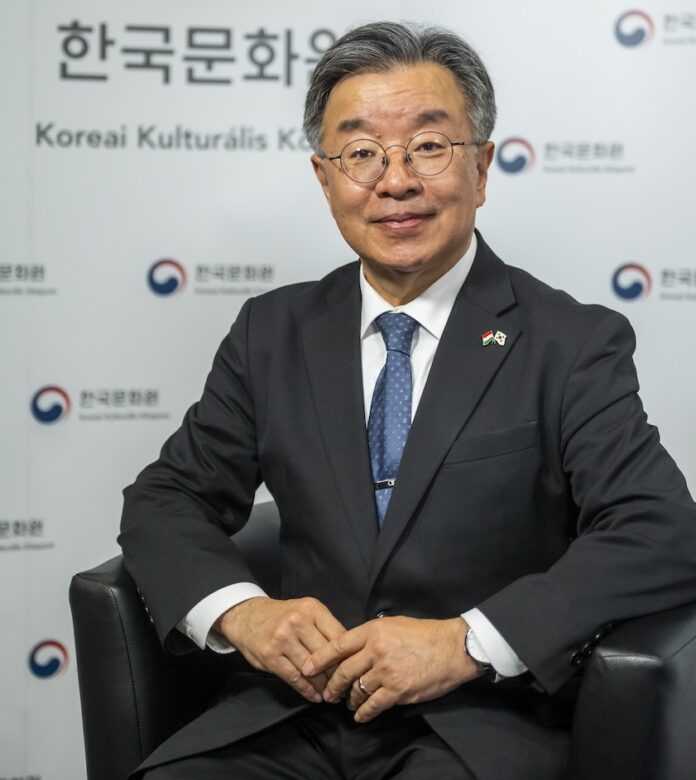“My government will commit itself to making a safer and more prosperous world together with our strategic partners. Hungary has always been in our minds.”
Your Excellency, the year 2024 has commenced with a significant achievement for South Korea as it undertakes a crucial international mission by assuming a seat on the United Nations Security Council for 2024-2025.
– South Korea has started its tenure as Non-Permanent member of the UN Security Council in 2024 for a two-year term. From June this year, Korea chairs at UN Security Council by H.E. Mr. Joonkook Hwang, Ambassador of South Korea to the UN, acting as president.
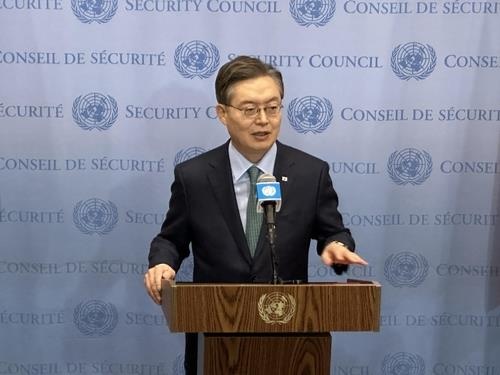
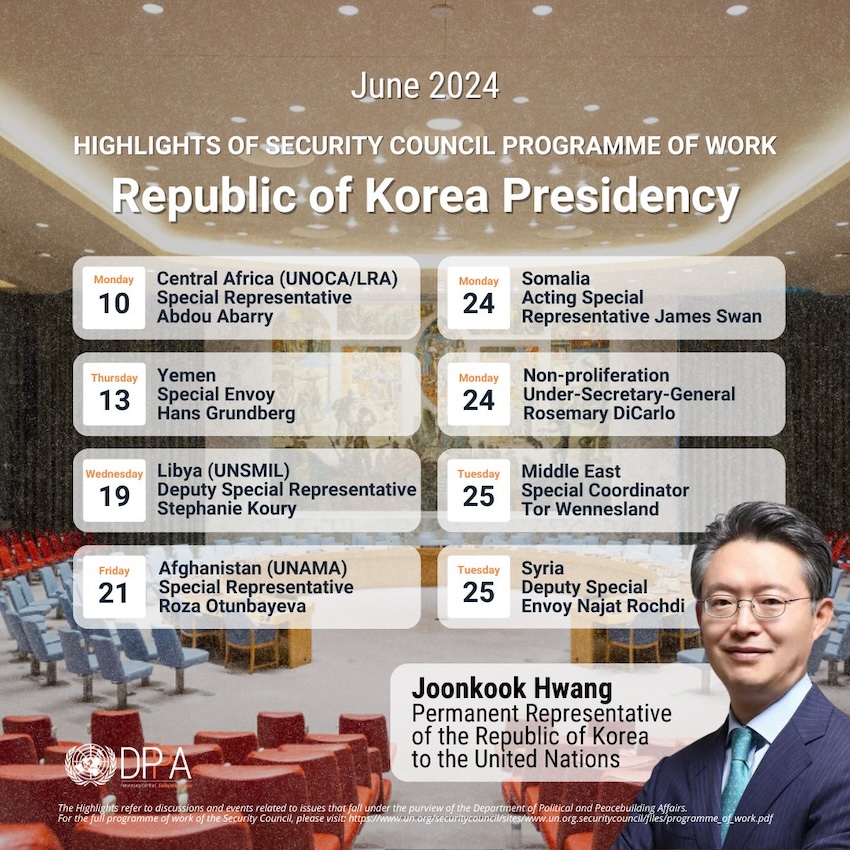
We are now focusing on North Korean human rights, the peace plan of Gaza and stopping the escalation of war in Ukraine. Currently, North Korea has kept sending ammunition, artillery and missiles to Russian forces in Ukraine. This is a clear violation against of UNSC resolutions. We are increasing humanitarian aid fourfold compared to last year to assist people who have suffered by war. We are also closely collaborating with NATO and EU member states to strengthen the strategic partnership and focus on improving defence capabilities.
Your Excellency, have you acclimated to living and working here since assuming your role as Ambassador to Hungary in 2023? To what extent has your experience met your expectations? Additionally, did you already have a connection with Hungary before your appointment as Ambassador?
– I enjoy living in Budapest very much. The people are kind, the weather is mild and the food is great. I appreciate that many Hungarians are interested in Korean culture and accept us as family members, like brothers and sisters. I never visited Hungary before assuming my position as Ambassador. However, I had a hobby of collecting stamps when I was young. I was always curious why Hungary puts “Magyar” instead of “Hungary” on the stamp. Now I fully understand that Magyar stands for Hungary.

What goals and priorities have you set as the South Korean Ambassador to Hungary?
– I have three priorities: First, to recognise all those who have devoted time and energy to strengthen the relationship between Hungary and Korea. We should not forget their commitment and dedication. Second, to transform an already good relationship of our countries into a great one. Finally, to shape the future jointly and contribute to a safe and prosperous world. As Ambassador, I hope to strengthen people-to-people relations by expanding academic and cultural exchanges.
In 2024 we mark the 35th anniversary of diplomatic relations between South Korea and Hungary, established in 1989.
– Actually, official relations between the two countries were established back in 1892, over 130 years ago, with the signing of the “Treaty of Friendship, Trade and Navigation” between Korea of the Joseon Dynasty and the Austro-Hungarian Monarchy. Although this relationship was interrupted in the 20th century, Korea pursued a policy of “northern opening” with the Seoul Olympic Games in 1988, and Hungary, as the first country of the former communist bloc, opened its doors to us. This acted as a catalyst for other Eastern European and socialist countries. I am proud of the diplomatic heritage of our two countries and the role we played in contributing to the end of the Cold War between East and West.
Since the establishment of diplomatic relations in 1989, 35 years ago, both countries have embraced universal human values such as democracy, market economy, and human rights, and have maintained close ties in all areas, including politics, diplomacy, security policy, economy, culture, art, education, science and technology.
How would you assess the diverse and multifaceted bilateral ties between Korea and Hungary?
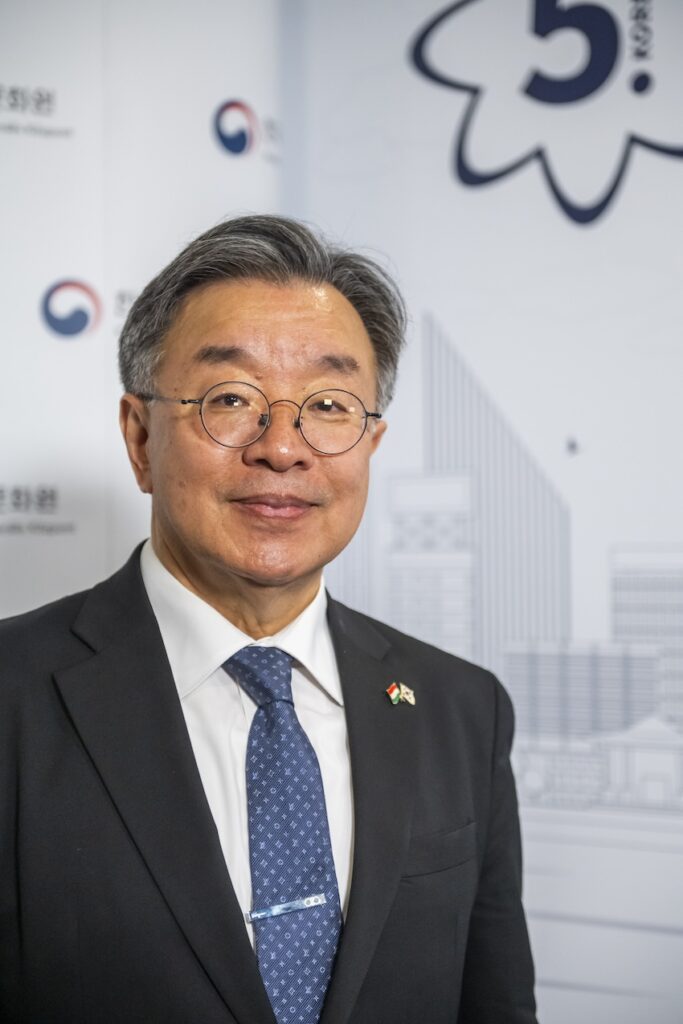
– Hungary and Korea are now considering setting up a mobility program in which the leaders of both societies will visit each other more frequently to learn from each other. I hope that Korea and Hungary will continue to expand their cooperation to address common challenges. Energy security and demographic challenges are two prominent issues among them. Minister of Culture and Innovation, H.E. Mr. János Csák visited Seoul last May. Minister of National Economy, H.E. Mr. Márton Nagy also went to Seoul and Jeju Island between 12-19 June. We hope that the state visit of Prime Minister, H.E. Mr. Viktor Orbán can take place by the end of this year. They are seeking new partnerships with Korea for establishing R&D cooperation in the field of Science and Technology.
Korea also shares the twin goals with Hungary. Smooth transition for sustainable and efficient energy for the future. At the same time, we need to protect our own business community by enhancing its competitiveness. Green transition should not be a burden for them.
Given the strong presence of Korean businesses in the Hungarian economy, where do you see potential for further strengthening cooperation between the two countries? Could you also elaborate a significant initiative from Korea’s Digital New Deal aimed at enhancing competitiveness in future-oriented areas such as 5G, big data and AI?
– Korea understands Hungary’s potential. According to a recent study by Harvard University, Hungary’s economy ranks 13th in the world in terms of complexity. South Korea is known for its rapid growth from an agrarian society to one of the leading industrialized countries. I hope that South Korea can share its experience and knowledge with Hungary. In particular, we collaborate with the Hungarian government’s EIPP (Economic Innovation Partnership Projects) and have successfully completed KSP programs (Knowledge Sharing Programs) for nine consecutive years. We are very interested in cooperating with Hungary in exploring new areas of future technology, including electricity storage, hydrogen for future mobility, power grid development, AI & ICT based on mathematics, bio-health, SMR and MMR. The space industry is another area where we seek cooperation with Hungary.
South Korea has been the No.1 investor in Hungary since 2019 through 2022. Currently 330 companies are investing in various fields. The first European factory of LG-MAGNA will start its operation in Miskolc, and several others are looking into joining us here in Hungary.
Having eight direct flights per week between Seoul and Budapest is a significant advantage for strengthening bilateral relations.
How large is the Korean Community in Hungary?
– Currently, there are about 8,000 Koreans living here in Budapest and other cities. Most of them work for 330 Korean companies. About 800 students are enrolled at various universities. Among them are 750 medical students studying at Semmelweis University in Budapest, the University of Szeged, the University of Pécs and the University of Debrecen.
What are the major challenges facing Korean society now, as it is one of the most successful countries globally?
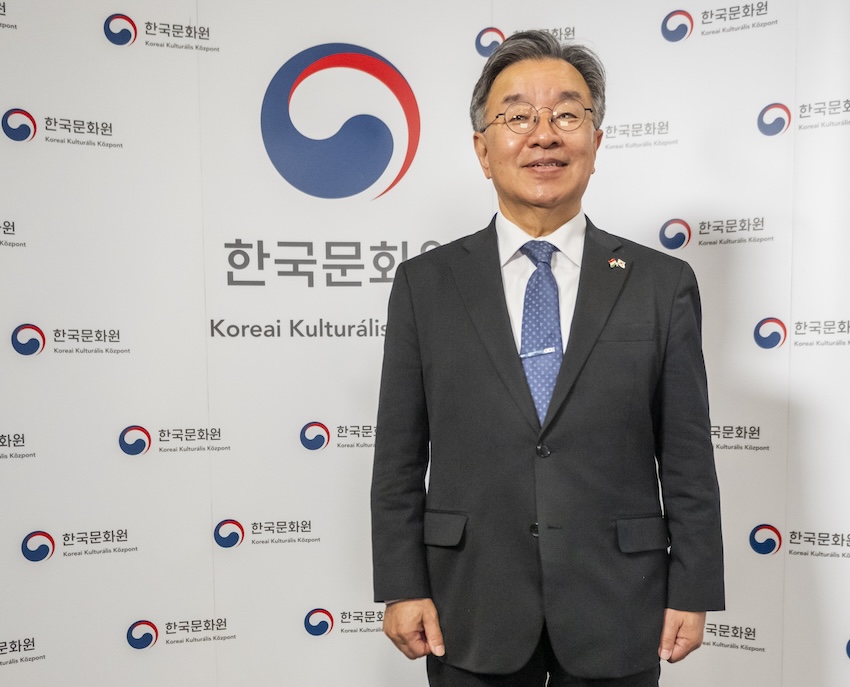
– Population decline is the most serious challenge we are facing. Our birth rate is currently 0.68, the lowest among all OECD countries in 2023. We are working hard to reverse this worrisome trend. The demographic challenge not only creates economic and social problems, but is also becoming a security issue. We now lack the manpower to fill the vacancies in the military. We can hardly maintain a strong military force that can deter the constant North Korean military threats.
Maintaining the technological edge is another challenge for us. We are still no.1 in seven categories of industrial output, including memory chip manufacturing, OLED TVs, and shipbuilding. But innovation is always difficult, and our export volume is decreasing due to geographical challenges and the volatile economic conditions of the global market. That is why we find it very important to strengthen our relationship with Hungary. Hungary has an outstanding workforce and higher potential for science and technology. Korea joined the Horizon Europe Program this year. I hope that we will now be able to invest R&D funds overseas. We will find mutually beneficial R&D cooperation with Hungarian institutions and universities.
Your Excellency, could you please share with us your professional and diplomatic background? What motivated you to become a diplomat? What sources of inspiration drive your professional endeavours and your personal life? And what advice would you give to those aspiring to build a career in foreign service and diplomacy?
– This is my first posting and I have worked for the Ministry of Defence for three and a half years as the Deputy Minister for defence reform. I was the first civilian to become the Deputy Minister in Korea. I spent most of my time as a faculty member at Sookmyung Women’s University – one of Korea’s top universities, founded in 1906 by Imperial Consort Sunheon -, and researcher at a think tank. No matter where I go, I believe that forming people-to-people trust is the best source for building confidence. Therefore, I try to meet many people in various fields, listen to them and understand their standpoint. Also, I do my best to get in touch with the young generation.
I hope that more Hungarians will experience Korean culture and society first-hand. Currently, 21 Hungarian universities are excluded from the Erasmus and Horizons Programs, and I am concerned about its long-term impact on the students as well as researchers. I hope that the ASEM-Duo Fellowship Program can assist to keep sending students from Hungary to Korean universities. It will surely strengthen the bond between the two societies.
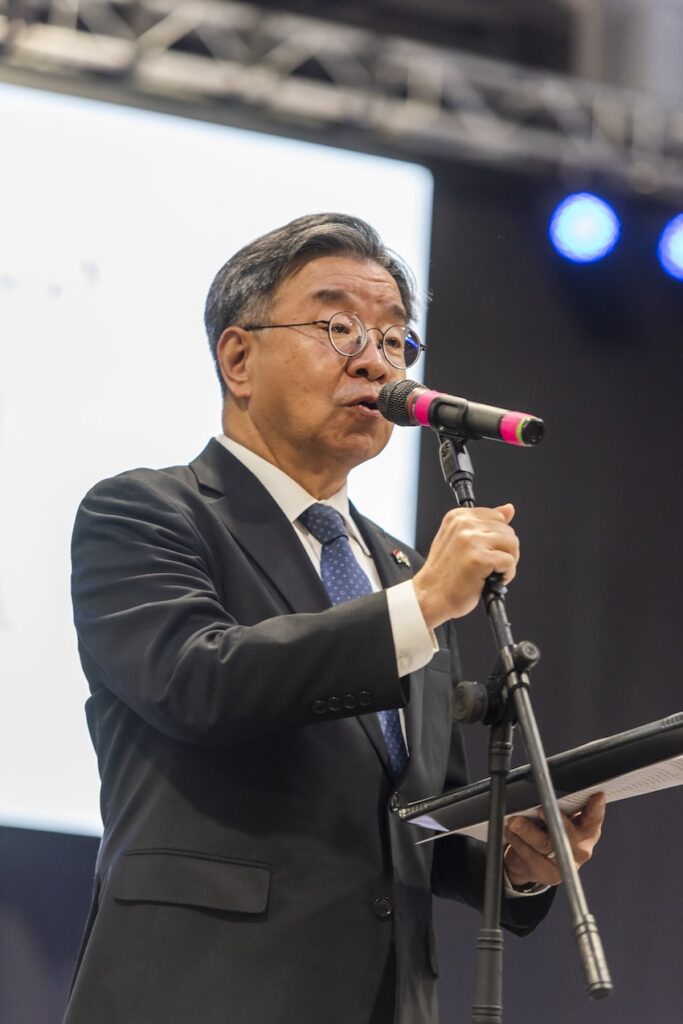
My motto is: “you have to reach out first if you would like to make a connection to someone.” My wish is to provide more opportunities to the new generation. My only advice to those who want to become diplomats is very simple: “you have to open up to become a true friend of the people you belong to.”
Given the growing role of cultural diplomacy, especially with Korea’s prominence in this field, the question is how Korea uses its soft power?
– The Korean Cultural Center here in Budapest is the second largest in the world. I am proud of Director Ms. Yu Hye-Ryong and her staff. They are brilliant and work so hard to play a constructive role in connecting the two societies. Cultural diplomacy is more important today than any other form of diplomatic contact. Hungarians’ love of Korean culture is of the utmost value to us, and I hope we can continue to grow mutually by exchanging exhibitions and music concerts.
Last year we had a wonderful concert celebrating the 100th Birth Anniversary of the famous Hungarian composer George Ligeti at the Seoul Arts Center with a colourful program, organised by the Liszt Hungarian Cultural Institute in Seoul.
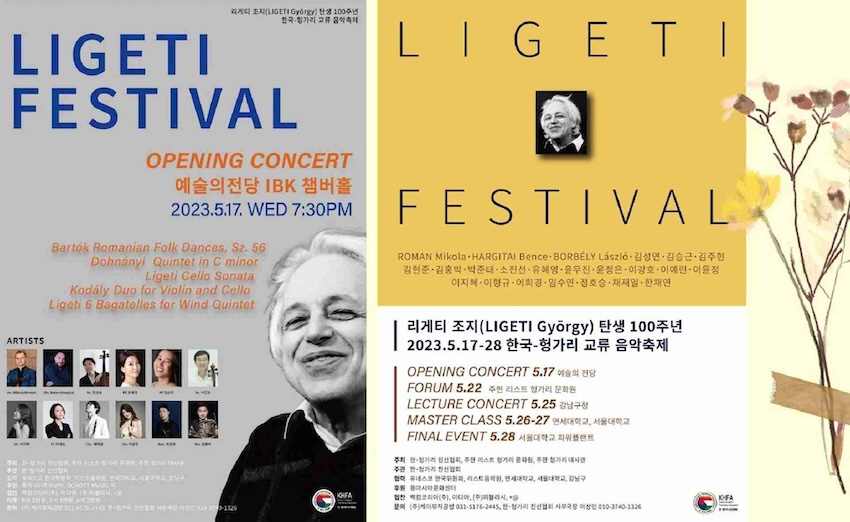
I would also like to mention that Ahn Ik-Tae (1906-1965), the composer of the Korean national anthem, also studied at the Liszt Ferenc Academy of Music in Budapest under Zoltán Kodály.
We will also invite the owners of 10 wineries from Hungary to organize the Hungarian Wine Festival in Daejon in the upcoming September.
Likewise, we are inviting Deajon Philharmonic Orchestra and I hope you can enjoy the concert at the Liszt Ferenc Music Academy on 1 October.
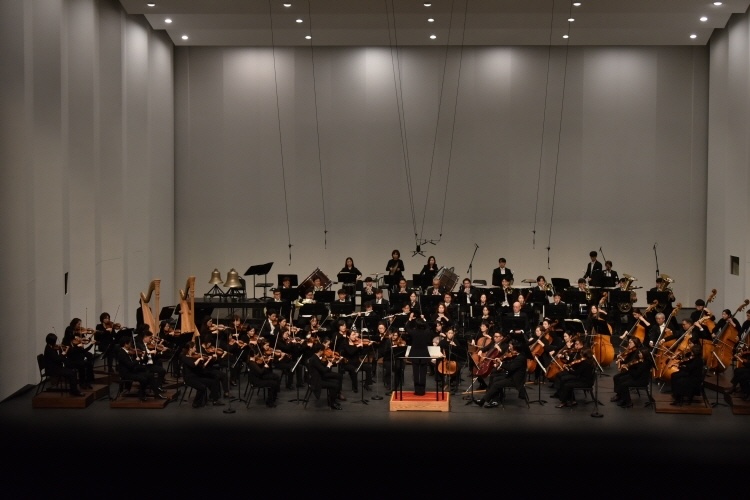
I am so grateful that more than 15,000 Hungarians participated in the KoreaON 2024 cultural festival we held at the Hungexpo in Budapest on 18-19 May.
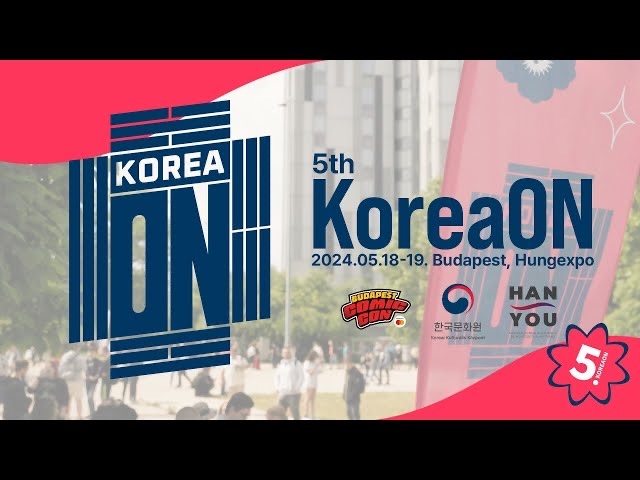
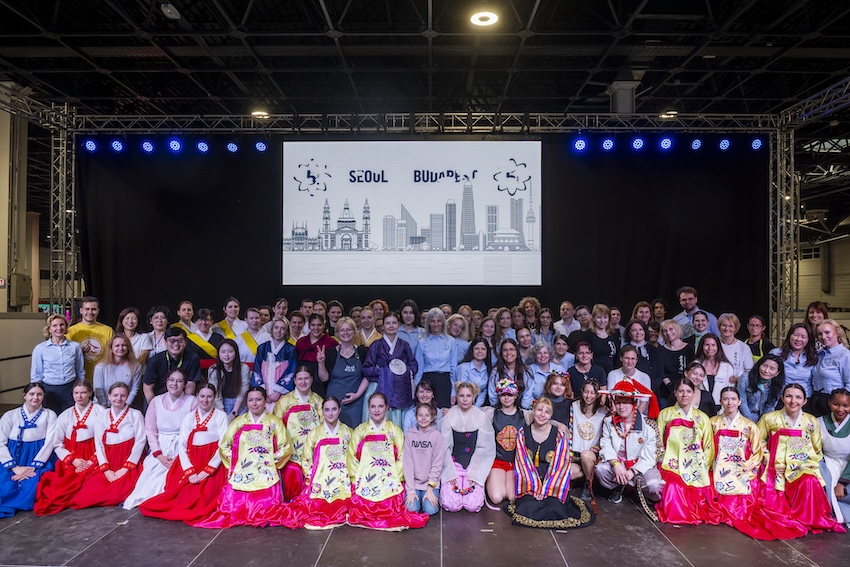
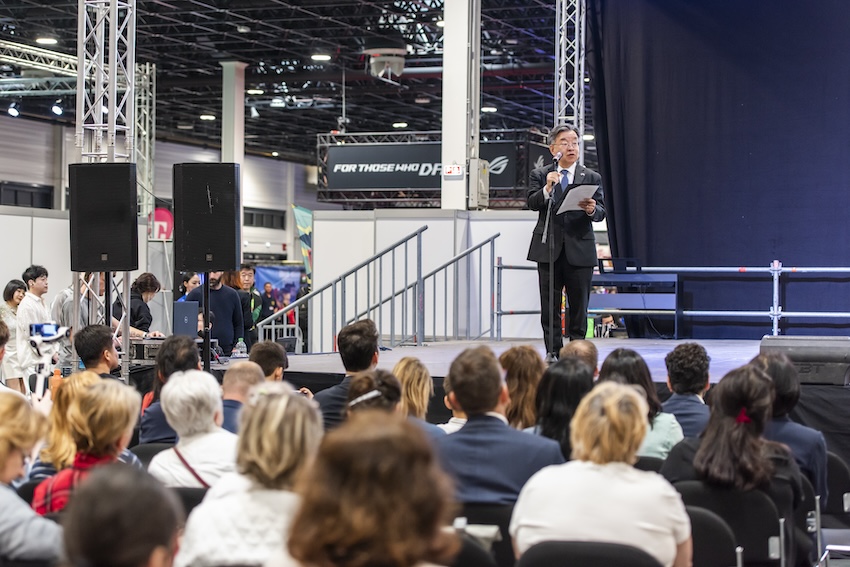
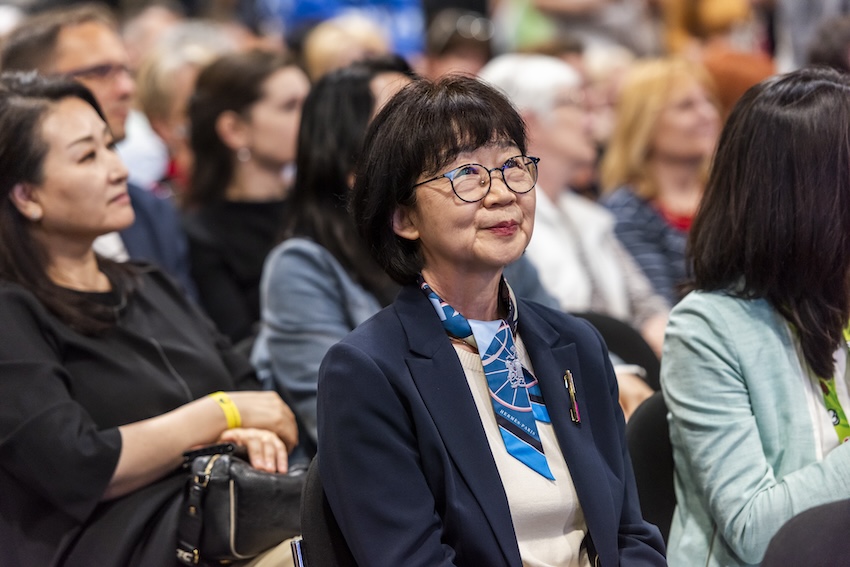
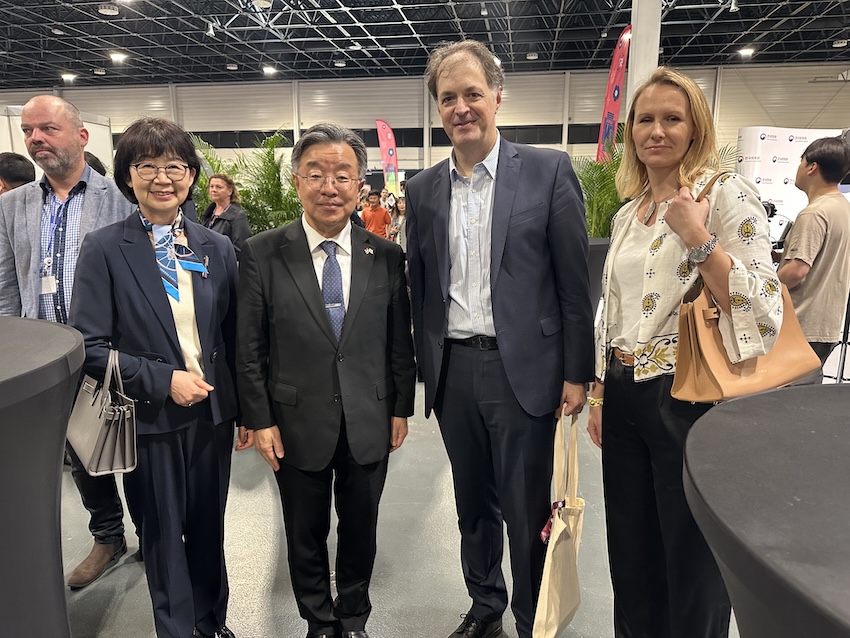

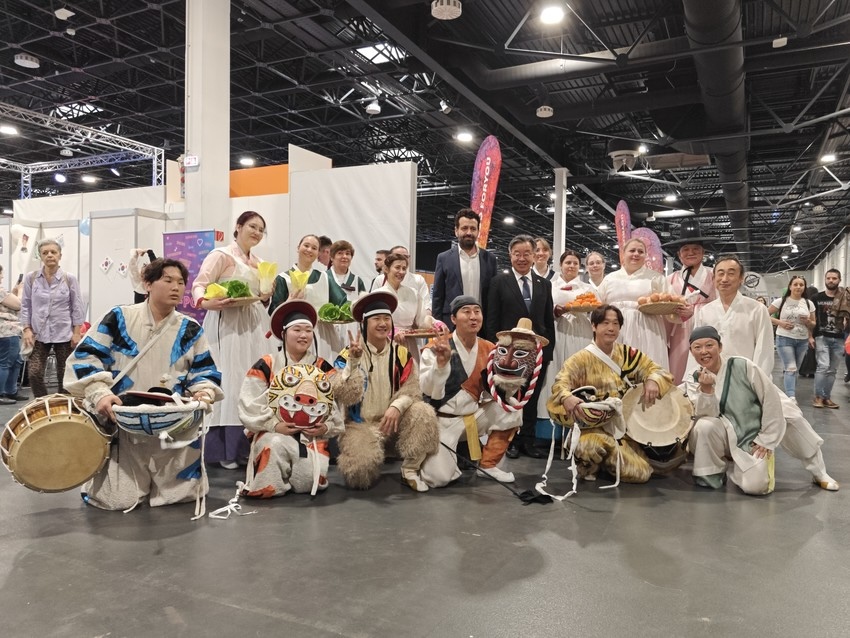
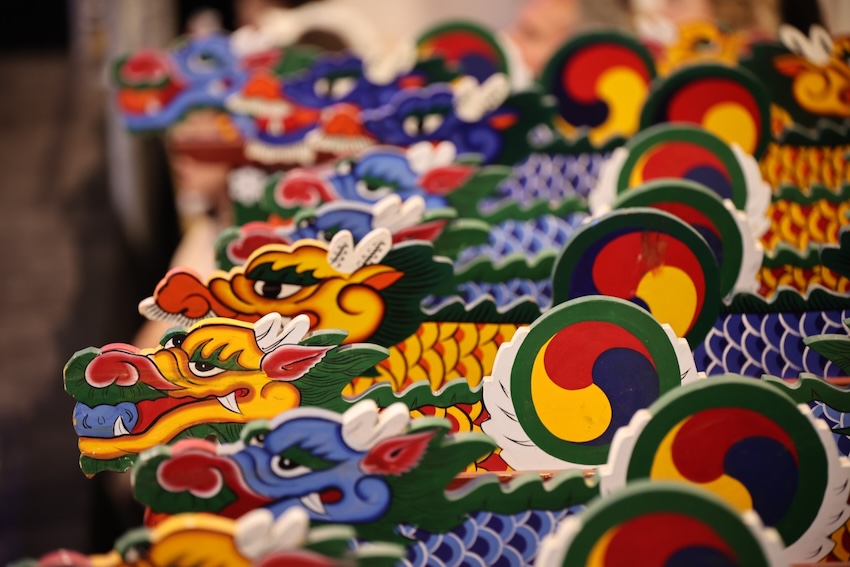
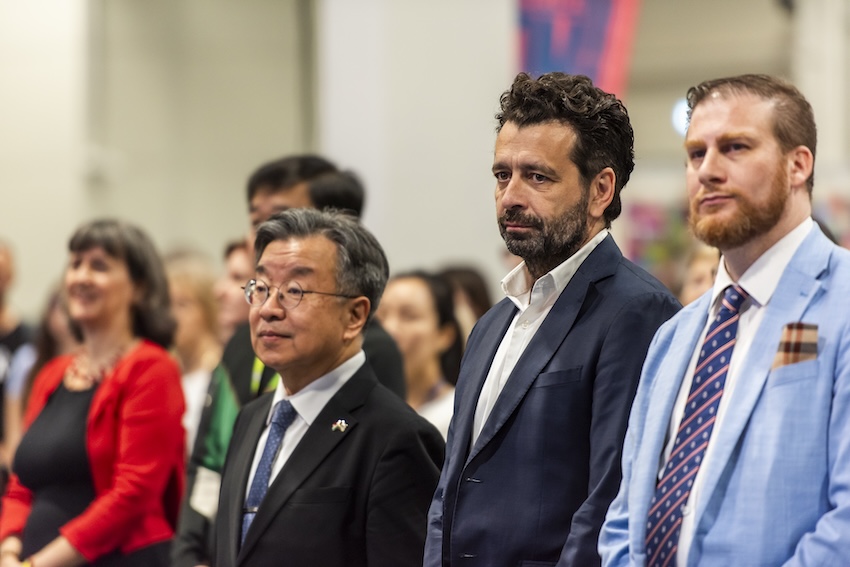
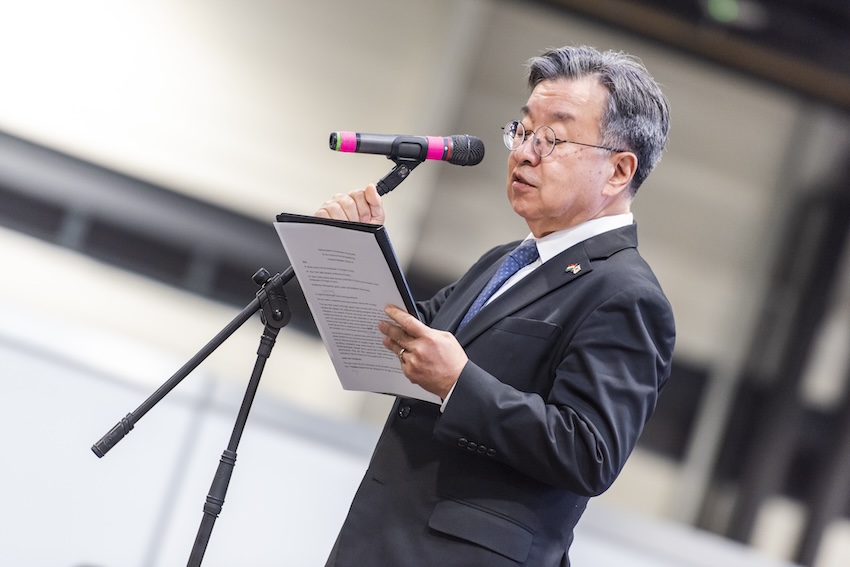
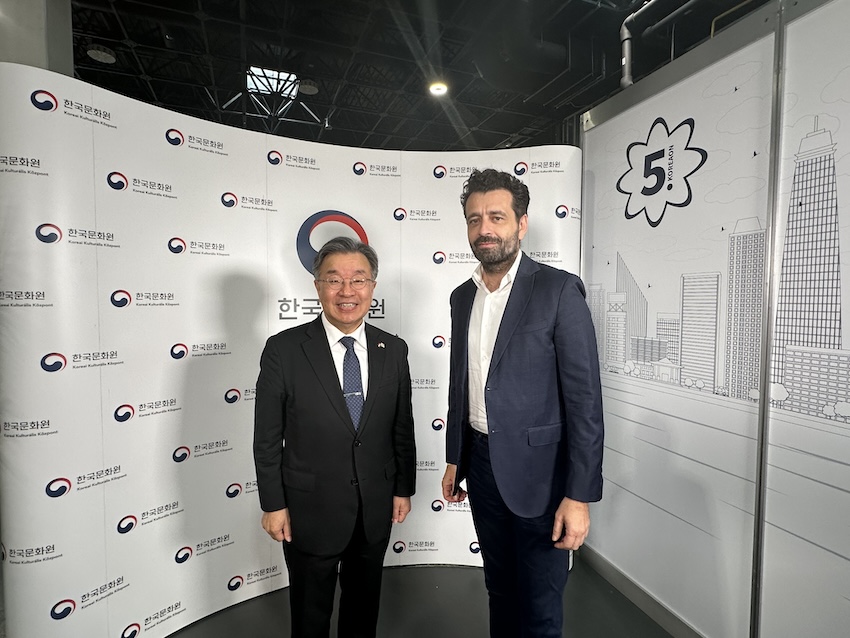
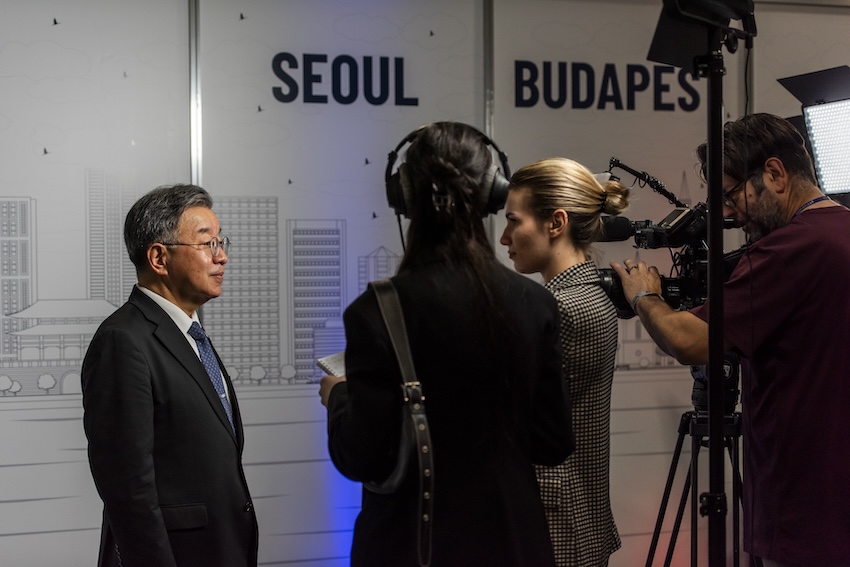
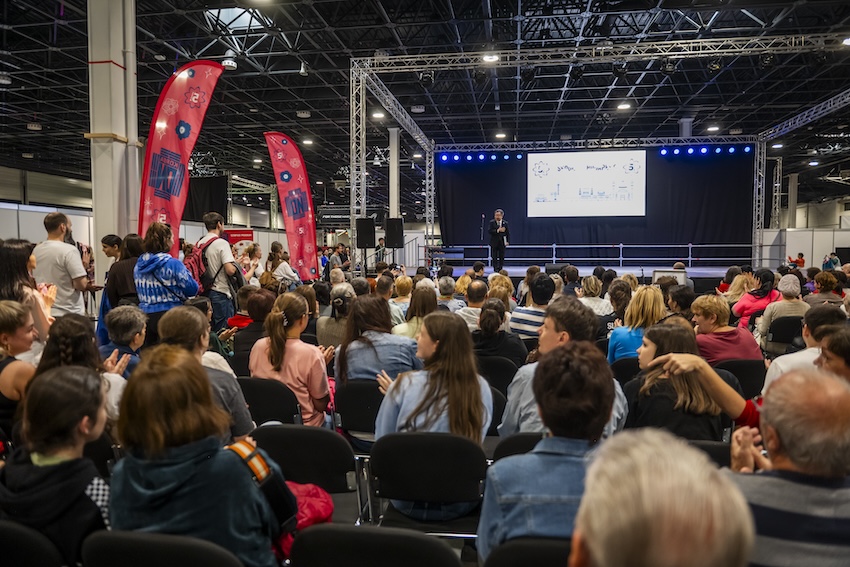
How do you spend your leisure time after very busy working days? Do you have any hobbies or special interests?
– I have to work even on Saturdays and Sundays. I try to have at least one day off on my weekend. My favourite hobby is taking a walk to Normafa with my wife to enjoy the deep forest and fresh air. A small size of draft beer and potato chips always make me happy.
What do you miss the most about living far from home?
– My mother is 93 years old. I miss her the most, but she spent a month with me in Budapest last year and I am lucky because she maintains good health, thanks to God.
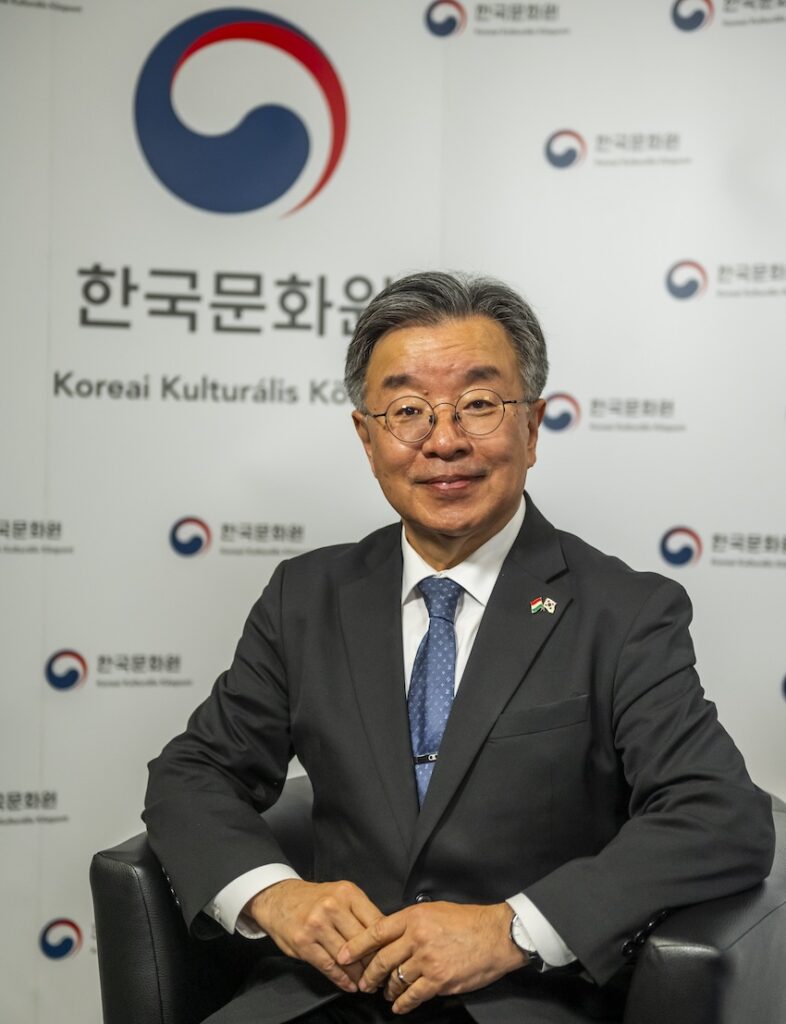
Looking ahead, what makes you most optimistic about the future? And what message would you like to share with the world about your country?
– We face many challenges and countless global risks. However, if we join together, we will overcome them. I am sure that Koreans have shown the world our resiliency and capacity for survival. Ironically, global risks stimulate and motivate us to search for new opportunities. However, we Koreans have never forgotten the sacrifices and generous support of the international community for rescuing us from the scourge of the Korean War (1950-1953). Hungary was one of 66 countries that helped us get back on our feet. We owe them what we are today. We would like to repay their assistance. My government will commit itself to making a safer and more prosperous world together with our strategic partners. Hungary has always been in our minds.
Your Excellency, thank you for the interview with Diplomatic Press Agency.
Anna Popper
Photos by Zsani Antal, László Mudra and DPA



